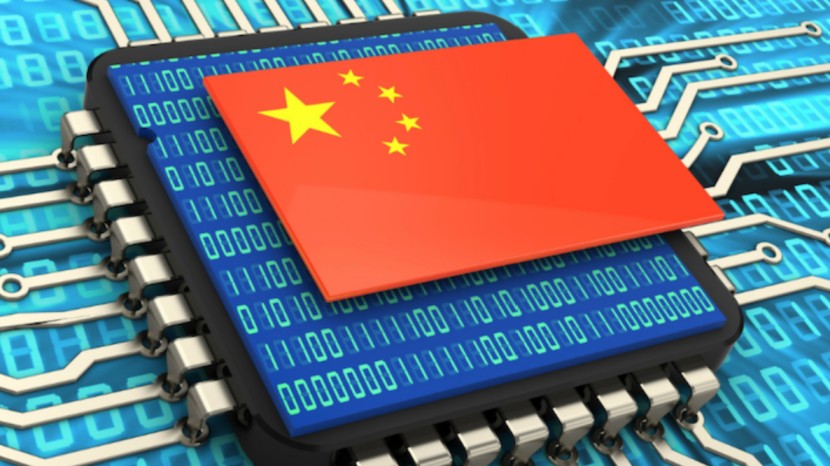
Semiconductors Power the Phone in our Pocket and the F-35 in the Sky. Here’s Three Things Washington can do now to Protect this Critical Supply Chain
By Andy Keiser
March 10, 2021
Semiconductors may be tiny but they are playing a big role on the international stage. From a global chip shortage forcing automakers to idle plants, to Europe seeking to increase its market share of semiconductors, to the role that semiconductors could play in China invading Taiwan, protection of semiconductor supply chains is top of mind for policy makers around the world.
During the COVID-19 pandemic, the world saw what happens when forced to rely on China for critical medical supplies. The global economy, including the defense industry, is completely reliant on technology and the supply chains required to power it — yet only 12% of the world’s semiconductors are made in the United States. In fact, China is on pace to become the world’s largest manufacturer of chips by 2030.
As I wrote in a paper for the Center of the Study of the Presidency and Congress, semiconductors are essential to U.S. economic and national security and we “should take immediate action to secure the semiconductor and semiconductor manufacturing equipment (SME) supply chain to prevent reliance or infiltration by adversarial nations like China.”
Here are three things Washington can do now to protect this critical supply chain:
- Entity List. In the waning days of the Trump Administration, China’s biggest semiconductor company, SMIC, was added to the Entity List, a Commerce Department export blacklist for U.S. components and technology. This significant development should be upheld by the Biden Administration and should be extended to include other top Chinese semiconductor manufacturers that also have ties to the Chinese military, such as CXMT and YMTC.
- Fund CHIPS Act. The 2021 National Defense Authorization Act created major new incentives via earlier introduced legislation called the CHIPS for America Act and American Foundries Act to provide incentives for manufacturing semiconductors in the United States. Though authorizations are great, they include no real dollars. President Biden should include full funding for these efforts at around $20 billion in his Fiscal Year 2022 budget and Congress should appropriate the funds this year. Though it will take years to realize results, the current global chip shortage demonstrates the need and high demand for this critical technology.
- Apply Diplomatic Pressure. The Trump Administration wasn’t shy about pressuring our friends around the world to avoid reliance on Chinese technology. Though that effort did yield important results, perhaps more of a velvet touch and coordination among allies could take the effort to the next level. The Dutch SME maker ASML’s recent $1.2 billion deal with SMIC raises the urgency of a coordinated effort of democratic nations against authoritarian ones like China.
The Chinese government has put a whole-of-society effort into controlling production of advanced technologies including semiconductors by 2025. The free world cannot match that with wishful thinking, and we’ve seen what happens when we have to rely on our primary geopolitical adversary for key goods — it’s not a position in which we want to find ourselves.
Andy Keiser is a Fellow at the National Security Institute at the Antonin Scalia Law School at George Mason University and previously served among other positions, as a Senior Advisor to the House Permanent Select Committee on Intelligence. Mr. Keiser also conducts cybersecurity consulting and federal lobbying for several companies, including in the telecommunications and technology sectors.

 All Posts
All Posts

